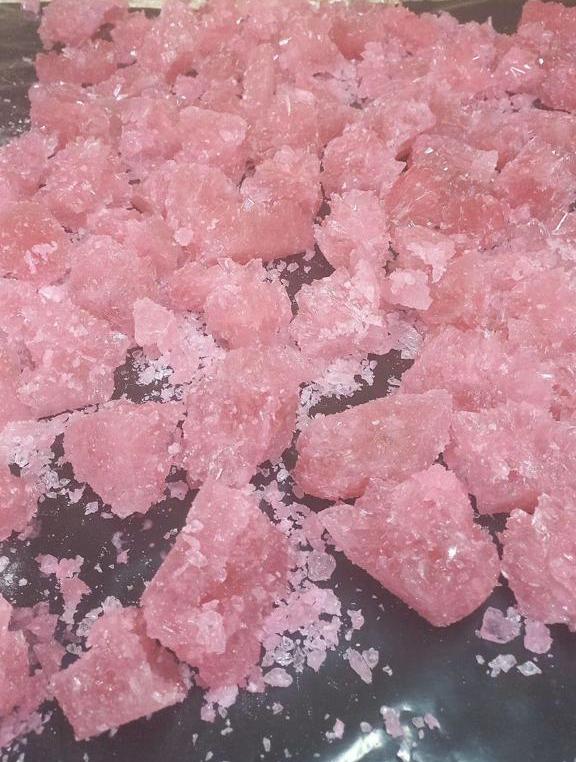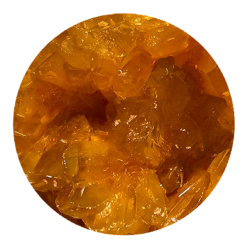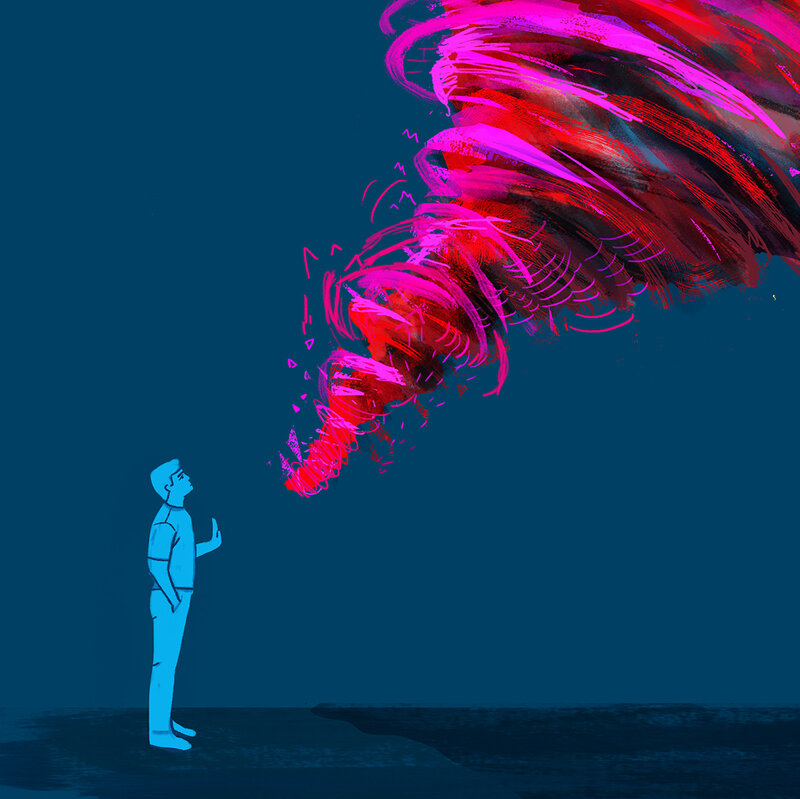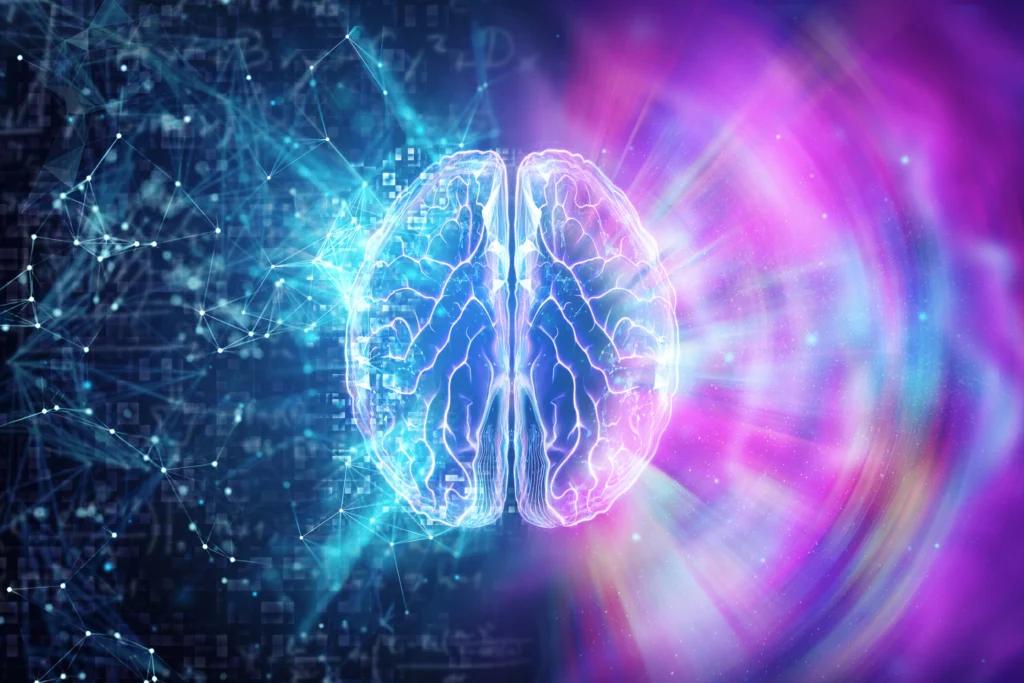
In today’s fast-paced world, anxiety is an increasingly prevalent issue that affects millions of people. From generalized anxiety disorder to social anxiety, finding effective treatment options is essential. One unconventional avenue that has garnered attention recently is the potential use of MDMA, also known as ecstasy, in alleviating anxiety symptoms. But can MDMA help with anxiety?
What is MDMA?
“MDMA is known as “Molly” or “Ecstasy” in recreational circles, and “3,4-Methylenedioxymethamphetamine” in the scientific and clinical communities. It was first synthesized in 1912 by Merck laboratories, and subsequently popularized and released by Sasha Shulgin, a legendary chemist, biologist, and early pioneer of MDMA and other psychedelic compounds.
MDMA is often included in the list of psychedelic therapy medicines, though it may be better described as an empathogen or entactogen . This means focused on emotions, feelings of empathy, and/or connection with self, others, and the world. This is because the subjective experience of MDMA differs in kind from the traditional definition of a psychedelic medicine, and does not include the hallmarks of a psychedelic/mystical experience.

Despite the different mechanism of action versus the classic psychedelics, that can be a great support when working with MDMA. It keeps you grounded in reality, in the here and now, in your body – but with a more open, more receptive, more empathic disposition.
It is this state, uniquely and reliably brought about by MDMA, that allows for significant and powerful progress to be made. In traditional psychotherapy, particularly for individuals managing PTSD or complex PTSD, revisiting charged emotional memories or traumatic events can cause the individual to shut down, slowing or interrupting the pace that the therapy can move at.

MDMA helps with this by creating a lived experience of safety and openness, so that the work can be done to revisit and reframe these experiences, helping individuals let go of the weight of the past and move forward towards the rest of their lives.
MDMA’s Effects on the Brain
To comprehend how MDMA may potentially help with anxiety, it’s crucial to understand its effects on the brain. MDMA primarily works by increasing the activity of three neurotransmitters: serotonin, dopamine, and norepinephrine. Serotonin, in particular, plays a key role in regulating mood, emotions, and anxiety. By releasing large amounts of serotonin, MDMA produces a surge of positive emotions and a sense of emotional openness and empathy.
Understanding Anxiety
Anxiety is a natural human response to stress and can manifest in various forms, such as generalized anxiety disorder, panic disorder, social anxiety, and specific phobias. It involves feelings of fear, worry, and apprehension, often accompanied by physical symptoms like increased heart rate, trembling, and sweating.
Anxiety disorders can significantly impact a person’s daily life, leading to difficulties in social interactions, work performance, and overall well-being. While there are various treatment options available, including therapy and medication, the search for alternative approaches to managing anxiety continues.
How MDMA Can Help With Anxiety

While MDMA has been primarily studied as a medical and therapeutic intervention for PTSD, there are many reasons (and some existing evidence) that make MDMA a powerful medicine experience when dealing with anxiety and/or depression disorders.
Some of the key reasons that MDMA can help with anxiety include:
Deep emotional processing
The MDMA experience puts individuals in a safe, receptive, open state – this allows them to go towards the memories and experience that may challenge or scare them, and to see them from a more compassionate perspective, and to reframe their story into a more loving and empowering one.
This deep emotional processing helps to resolve the root causes or generators of anxiety and depression. Over the long-run, MDMA helps provide individuals the strength and love they need to do the work they need to do to heal and move back towards wholeness themselves, on their own time.
Radically present gratitude
The entactogenic or empathogenic state that MDMA brings about is also very good at helping individuals see the beautiful and empowering parts of their current lives. Each breath, each opportunity, each friend or family member.
A deep reminder, and feelings of gratitude for the existing state of life can help break the thought patterns that so often accompany anxiety or depression. This brings individuals into the present in a positive manner, reducing the weight of the past or the uncertainty of the future. This momentary pattern-interrupt has both short-term mood benefits, and presents the opportunity for long-term beneficial behavioral change.
Mood elevation and lessening of symptoms
While less discussed, MDMA does have a number of short-term or immediate biological and neurobiological benefits. Lessening the direct symptoms of anxiety or depression, such as energy and mood improvements, less tension from anxiety, are helpful at providing moments of reprieve for clients, so that they can rest, recover, and begin taking decisive action in their lives once more.
The biological impact of MDMA dosing sessions is another method whereby MDMA helps individuals tackle the lived experience, and the root causes, of anxiety and depression disorders.





